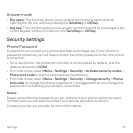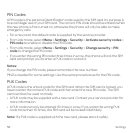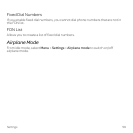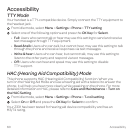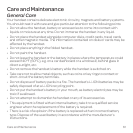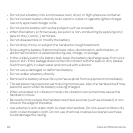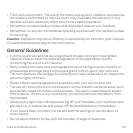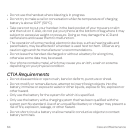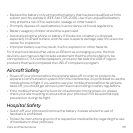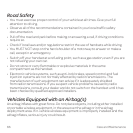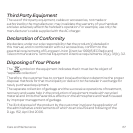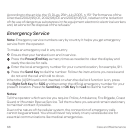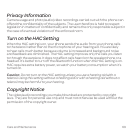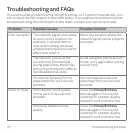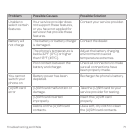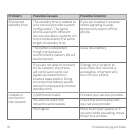• Replace the battery only with another battery that has been qualified with the
system per this standard, IEEE-Std-1725-2006. Use of an unqualified battery
may present a risk of fire, explosion, leakage or other hazard.
• Promptly dispose of used batteries in accordance with local regulations.
• Battery usage by children should be supervised.
• Avoid dropping the phone or battery. If the device or battery is dropped,
especially on a hard surface, and the user suspects damage, take it to a service
center for inspection.
• Improper battery use may result in a fire, explosion or other hazards.
For those host devices that utilize a USB port as a charging source, the host
device’s user manual shall include a statement that the phone shall only be
connected to CTIA certified adapters, products that bear the USB-IF logo or
products that have completed the USB-IF compliance program.
Aircraft Safety
• Power off your phone before the airplane takes off. In order to protect the
airplane’s communication system from the interference, it is prohibited to
use the
mobile phone in flight. If you want to use your mobile phone before the
airplane
takes off, you should get aircrew’s permission according to safety regulations.
• If the mobile phone has the function of automatic timing power-on, please
check your alarm setting to ensure that your phone will not be automatically
powered on during the flight.
Hospital Safety
• Switch off your phone and remove the battery in areas where the use of
handsets is prohibited.
• Follow the instructions given by the respective medical facility regarding the use
of handsets on their premises.
65Care and Maintenance



